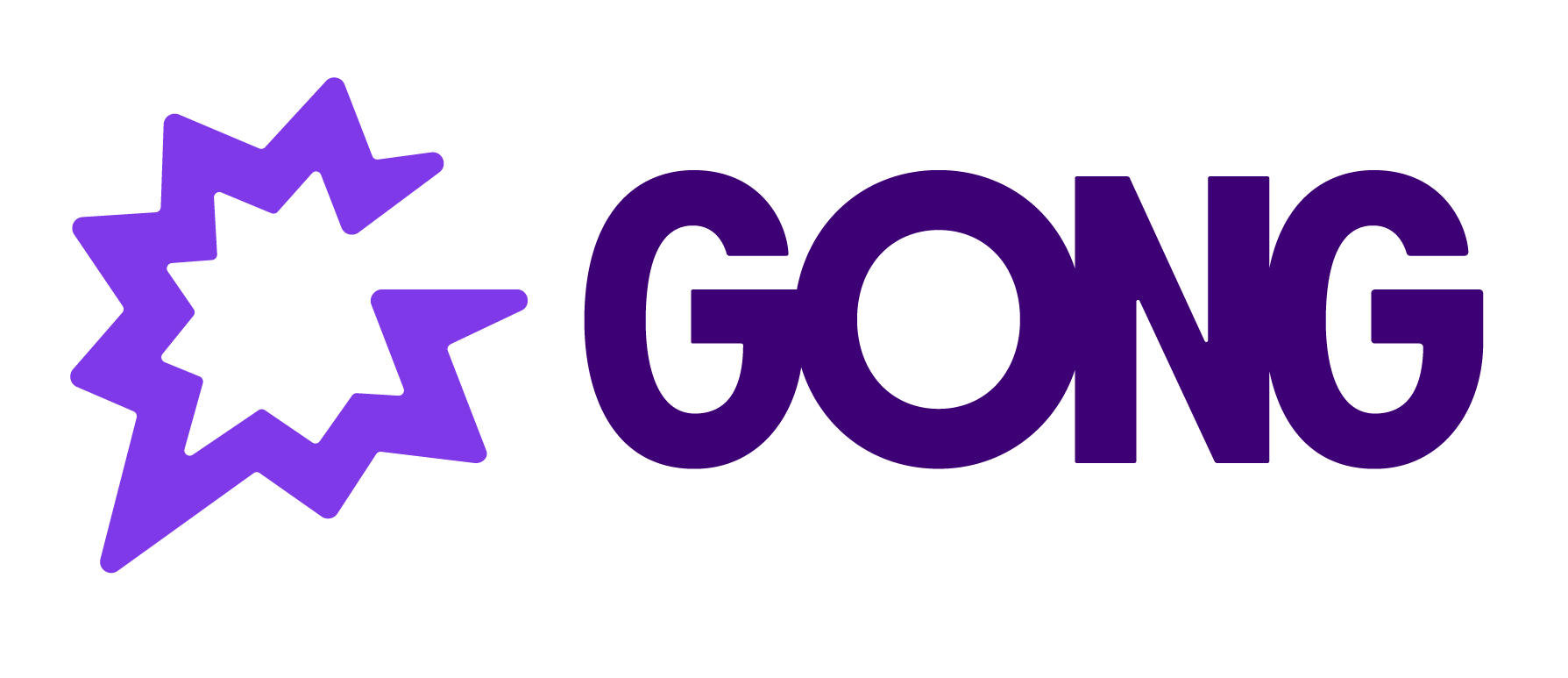Scorecards create visibility that benefits reps, managers, the team, and the organization at large.
Scorecards are a great way to:
-
Gauge how individual reps are performing and where they need help
-
Understand overall patterns across the organization
-
Create a positive rep-manager coaching culture
3 factors that make Scorecards successful
-
A manager’s commitment to score calls regularly is key. Sporadic scoring is not effective.
-
A rep's commitment to embrace the feedback as input to improve is a must.
-
Engaging with Scorecards long enough to see the change happen
How to create a scorecard in 3 easy steps
- Build
- Score
- Analyze
| | I've found that a little up front thought and planning will save a lot of time and get you better insight. |
BUILD
| Draft the scorecard outside of Gong, listen to and score a handful of calls to test the scorecard, and tweak as needed. This will save you time iterating in Gong, and you can cut and paste your final questions into Gong. |
| Select a granularity (1-3; 1-5) , keeping in mind that 1-5 gives more precision. Mixing multiple score types in a single scorecard (1-3, 3-5, True/ False) will add some complexity if you do offline results analysis. |
| Choose the number of questions based on the call type and duration. For example, a middle-of-the-funnel demo call may have a wider range of things to score than a cold call, and therefore more questions. |
| Write questions with the rep, not the scorer, in mind. Make them short, memorable, and instructional. E.g. "Identify decision maker" v. "Does the rep ask who is the decision maker?" |
| Simplify scoring by having the questions follow the likely call sequence |
| Pick calls that are typical for that rep (duration, type, etc.) and where the call has happened recently. Feedback on outlier or old calls is not as helpful. |
SCORE
| Direct managers generally score, but it's also helpful to encourage reps to self score, and for peers to score each other |
| Take the time to leave a well placed comment in either/both the overall call comment area or on individual questions. Positive comments provide great coaching for what a rep did great or can do better at. |
| Make a decision based on your culture and score results. My preference is to make everything public, but it depends on your culture and you can post scorecard results as private. If a call was not good it may be better to provide that feedback elsewhere. |
ANALYZE
| View summarized overall scores, individual question scores, and each team member's score from The TEAM tab Scorecards page. |
| Click on a specific team member to view average scores across all calls scored with this scorecard. Reps can also view a chart of their last call(s) scores |
| Download scorecard results for further analysis (requires Manage Scorecard permission). |
|
|
| Assign a "Category" to each question in your offline Question Library. E.g. Research, Qualify, Demo, Close, etc. This allows you to do some interesting analysis by selling skill rather than by question, and it may uncover some problem areas that went unnoticed at an individual question level. This example, where each scorecard question is assigned a category, shows that reps prepare and demo reasonably well, but need help qualifying, storytelling, and closing. |


